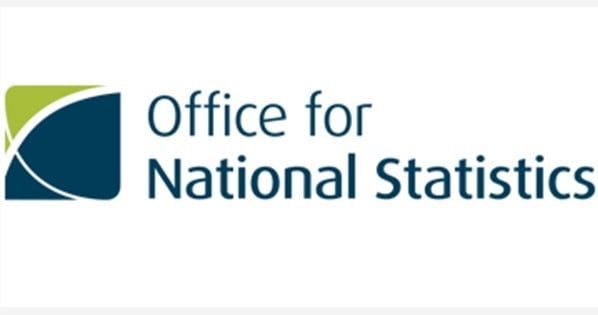
0:01 AM, 22nd June 2023, About A year ago
Text Size
The UK’s private rental market saw a 5% surge in rents in the year to May – with growth now outpacing the previous 12-month period, the Office for National Statistics (ONS) reveals.
That’s when average prices rose by 4.8% with England’s rents increasing by 4.9%, while Wales and Scotland experienced slightly higher growth of 5% and 5.4%, respectively.
In England, the West Midlands led the way with the highest change at 5.2%, whereas the North East trailed behind with a more modest 4.3% increase.
London’s rents grew by 5.1% over the same period which surpasses the average for England but also marks the capital’s highest annual rise since October 2012.
Nathan Emerson, the chief executive of Propertymark, said: “The demand for property across the UK in the private rented sector (PRS) continues to grow, with no increase in properties coming on the market.
“With rental prices continuing to grow on the back of the high demand and soaring interest rates, there needs to be more incentives from the government for landlords to stay in the PRS and continue to provide homes for renters.”
Emma Cox, the managing director of real estate at Shawbrook, said: “The UK property market is navigating challenging conditions, including high interest rates, inflation, and reduced budgets.
“While landlords may feel nervous, astute professional investors can seize opportunities in this situation.
“As a result, this influx of investment helps alleviate the shortage of high-quality rental properties, meeting the demand from renters who currently have limited options.”
The ONS also reveals that house prices grew by 0.4% between March and April but dipped from 4.1% to 3.5% in the year to April.
It says that the average house price is now £286,000, with homes worth £9,000 more than last year but still £7,000 shy of September’s peak.
However, regional variations have emerged, with the North East boasting the lowest average house price at £160,000 but also experiencing the most significant annual rise of 5.5%.
In contrast, London’s housing market reached an average price of £534,000, yet it saw the smallest annual growth of only 2.4%.
Also, the market for flats has seen slower price growth, with a 2.7% increase over the past year, though new build properties have surged by 23% in value.
The head of personal finance at Hargreaves Lansdown, Sarah Coles, said: “House prices rose in April, as the spring boom injected more life into the market and brought an end to monthly falls.
“However, mortgage market movements in the past few weeks could usher in a new era that brings an abrupt conclusion to these halcyon days.”
She added “Despite price rises in April there were already some warning signs, with buyer demand falling with each passing month, and sales at rock bottom.
“However, the damage is likely to have been done in recent weeks as mortgage rates have ramped up.
“Inflation figures released last month started the rot, with core inflation rising in April, which convinced the market that rates would need to be higher for longer.”
Tomer Aboody, a director of property lender MT Finance, said: “Although property prices are still higher than they were a year ago, the pace of growth is slowing, underlining the lack of confidence or ability for buyers to actually buy.
“With transaction volumes nearly 40% lower than this time last year, one would have expected a higher rise in prices but with interest rate rises showing no sign of abating, many buyers are waiting to see how the market adapts and what the ‘new norm will look like.”
He added: “Sellers who price attractively will be able to sell, but very few properties are now getting multiple bidders above asking price.
“With the government pledge of halving inflation by the end of the year looking less likely, is it time to possibly start helping in the push to bring some confidence to the market?
“Either lower rates and/or assistance in stamp duty are urgently required.”
Previous Article
Council planted tree and it ruined my property!Next Article
Are corporate landords taking over?